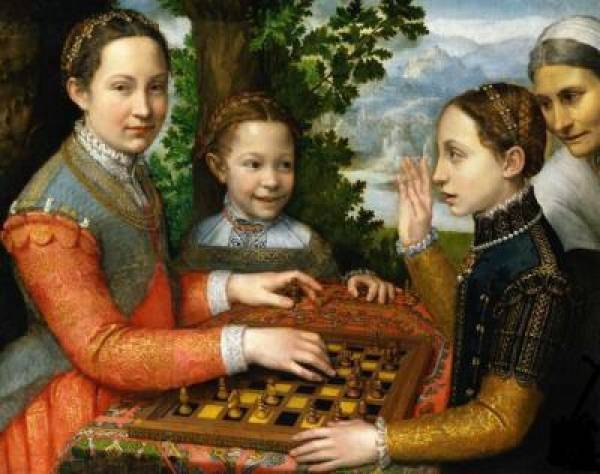Daniel Negreanu: ‘I’d Rather Teach My Kids Poker Over Chess’

Outspoken poker pro Daniel Negreanu didn’t mince words when he tweeted in regard to why he would teach his kids how to play poker over chess. No it’s not about the money that can be won playing poker.
I'd rather teach my kids poker over chess so they can learn a more diverse skill set, improving math and social skills.
Negreanu’s social skills have sometimes come into question. Just two weeks ago, he referred to Full Tilt Poker head Ray Bitar as a “weasel”. In the past he has called female poker pro Annie Duke a “c***”.
Some may take issue with Negreanu’s suggestion that chess is not a social game.
Chess may have been originally devices as an abstraction of military conflict, used to teach military strategy to generals. Since that time, the game grew in popularity, and during the Enlightenment was thought of as a way to train the mind. Yours Truly just happens to be a talented chess player and, yes, I consider myself a brilliant mind, which, in essence, is enhanced through playing the riveting game of Chess.
Benjamin Franklin, an inventor of the hundred dollar bill who discovered electricity while flying his kite during a thunder storm, wrote a famous essay entitled “Morals of Chess”, a game he believed taught caution, circumspection and foresight.
The game of Chess is not merely an idle amusement. Several very valuable qualities of the mind, useful in the course of human life, are to be acquired or strengthened by it, so as to become habits, ready on all occasions.
Foresight: 'If I move this piece, what will be the advantages or disadvantages of my new situation? What use can my adversary make of it to annoy me? What other moves can I make to support it, and to defend myself from his attacks?
Franklin adds:
If your adversary is long in playing, you ought not to hurry him, or express any uneasiness at his delay. You should not sing, nor whistle, nor look at your watch, not take up a book to read, nor make a tapping with your feet on the floor, or with your fingers on the table, nor do anything that may disturb his attention. For all these things displease; and they do not show your skill in playing, but your craftiness or your rudeness.
You must not, when you have gained a victory, use any triumphing or insulting expression, nor show too much pleasure; but endeavour to console your adversary, and make him less dissatisfied with himself, by every kind of civil expression that may be used with truth, such as 'you understand the game better than I, but you are a little inattentive;' or, 'you play too fast;' or, 'you had the best of the game, but something happened to divert your thoughts, and that turned it in my favour.'
- Jagajeet Chiba, Gambling911.com









